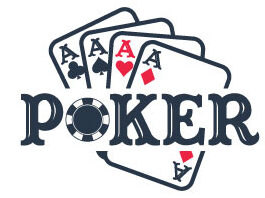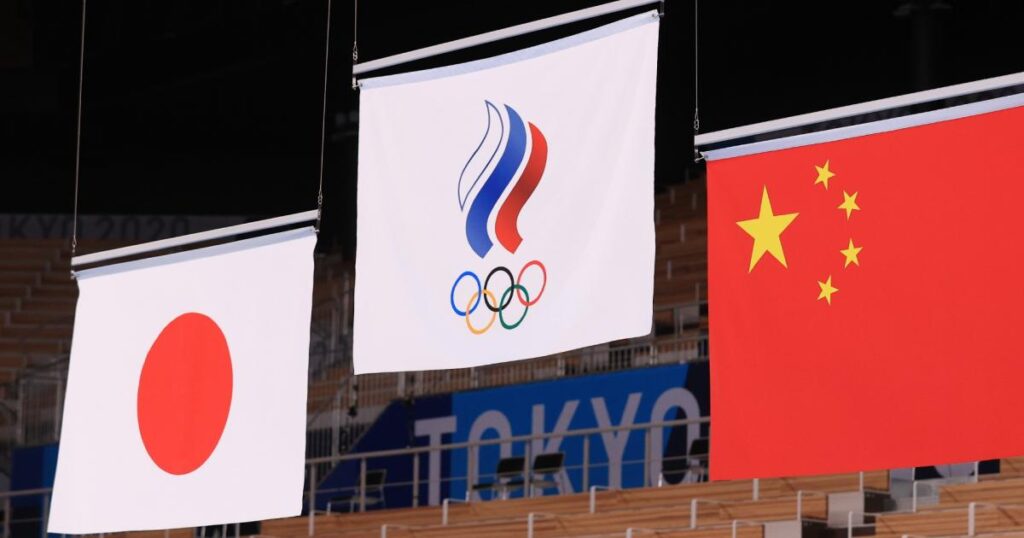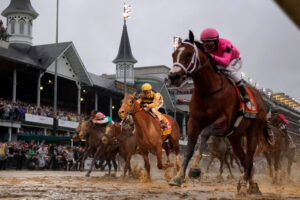It’s normally quite simple to distinguish which nations are contending at the Olympics. Yet, during the 2022 Beijing Winter Olympics, many might ask precisely exact thing ROC is.
ROC is, basically, the codename for Russia at the 2022 Winter Games. It denotes the third successive Olympics during which Russia has needed to go by an alternate name.
The nation was known as the Olympic Athletes from Russia (OAR) during the 2018 Pyeongchang Winter Games and at the 2021 Tokyo Games, they went by ROC.
Why has Russia needed to change its name for the last not many Olympic Games? It originates from a doping embarrassment that has hounded the country beginning around 2015 and brought about a restriction from Olympic contest.
Initially, the boycott should be a brutal, long haul one. Be that as it may, it has since been abbreviated, and Beijing 2022 will be the last Olympics during which Russia should go by a substitute name.
Here’s beginning and end you really want to be familiar with the ROC, including why Russian competitors are as yet permitted to contend during the Olympics notwithstanding the nation being prohibited.
What does ROC rely on?
ROC means “Russian Olympic Committee.” Russian competitors were perceived under this banner during the 2021 Tokyo Olympics and will keep on contending as the “Russian Olympic Committee” at the 2022 Beijing Olympics.
Why competitors aren’t contending under the Russian banner
Competitors aren’t contending under the Russian banner in light of a discipline gave over by the World Anti-Doping Agency (WADA). Initially, Russia had been suspended for a considerable length of time of Olympic activity, yet in late 2020, that discipline was decreased to two years.
During that two-year time span, competitors that weren’t engaged with the Russian doping embarrassment are as yet ready to contend in Olympic contests. That is the reason there are 212 Russians contending in the 2022 Olympics.
In any case, the Russians need to contend as neutrals and are not permitted to show any public images or images. They likewise aren’t contending under the Russian banner, nor will the country’s public hymn play during the Olympics.
They will, notwithstanding, wear garbs that consolidate the shades of the nation’s banner, likely stirring up a lot of consternation for WADA.
“We at WADA stay disheartened that [the Court of Arbitration for Sport] has diminished the level of the assents from four years to two years and that CAS permits them to contend Russian competitors with the shades of the banner in the regalia,” WADA President Witold Bańka said before the 2021 Summer Games, per USA TODAY Sports.
Timetable of Russia’s doping boycott
The Russian doping forbid originated from a 2015 free commission coordinated by WADA. It was driven by the office’s previous president, Dick Pound, and uncovered Russia had been running and supporting a doping program.
This was upheld in 2016 after informant Dr. Grigory Rodchenkov told the New York Times about how Russia’s state-run doping assisted them with performing great at the 2014 Sochi Olympics.
A July 2016 examination by WADA affirmed “for certain” that the Russian Anti-Doping Agency (RUSADA) had worked with other state organizations to conceal positive tests.
WADA suggested that Russia be restricted from the 2016 Rio Olympics, yet the IOC dismissed the proposal.
All things being equal, CAS authorities concluded which competitors would and wouldn’t partake in the Games. Therefore, 278 Russian competitors were cleared while 111 were eliminated.
In December of 2017, the IOC declared that Russia was prohibited from the 2018 Pyeongchang Olympics.
Be that as it may, their competitors were permitted to contend as neutrals under the Olympic Athlete from Russia (OAR) banner during the 2018 Winter Olympics.
RUSADA confronted one more suspension from WADA after irregularities in enemy of doping information were found during a 2019 examination.
WADA president Sir Craig Reedie made sense of the choice for authorize the four-year boycott that came because of information control by RUSADA.
“For a really long time, Russian doping has cheapened clean game. The explicit break by the Russian specialists of Rusada’s restoration conditions requested a vigorous reaction. That is precisely exact thing has been conveyed,” Reedie said, per BBC.
“Russia was managed the cost of every available open door to set its home up and rejoin the worldwide enemy of doping local area to bring about some benefit for its competitors and of the respectability of game, yet it decided rather to go on in its position of duplicity and refusal.”
Russia pursued the suspension and saw it diminished to two years. It was left in salvageable shape for the 2021 and 2022 Olympics, so it will contend under the ROC banner on account of the boycott.






More Stories
PossiblyEthereal: Everything you Need to Know
AMC Marvel Road Short Pressure May Occur
Wait for the Black Gun Coffee Company to Get Its Steps Before Buying.